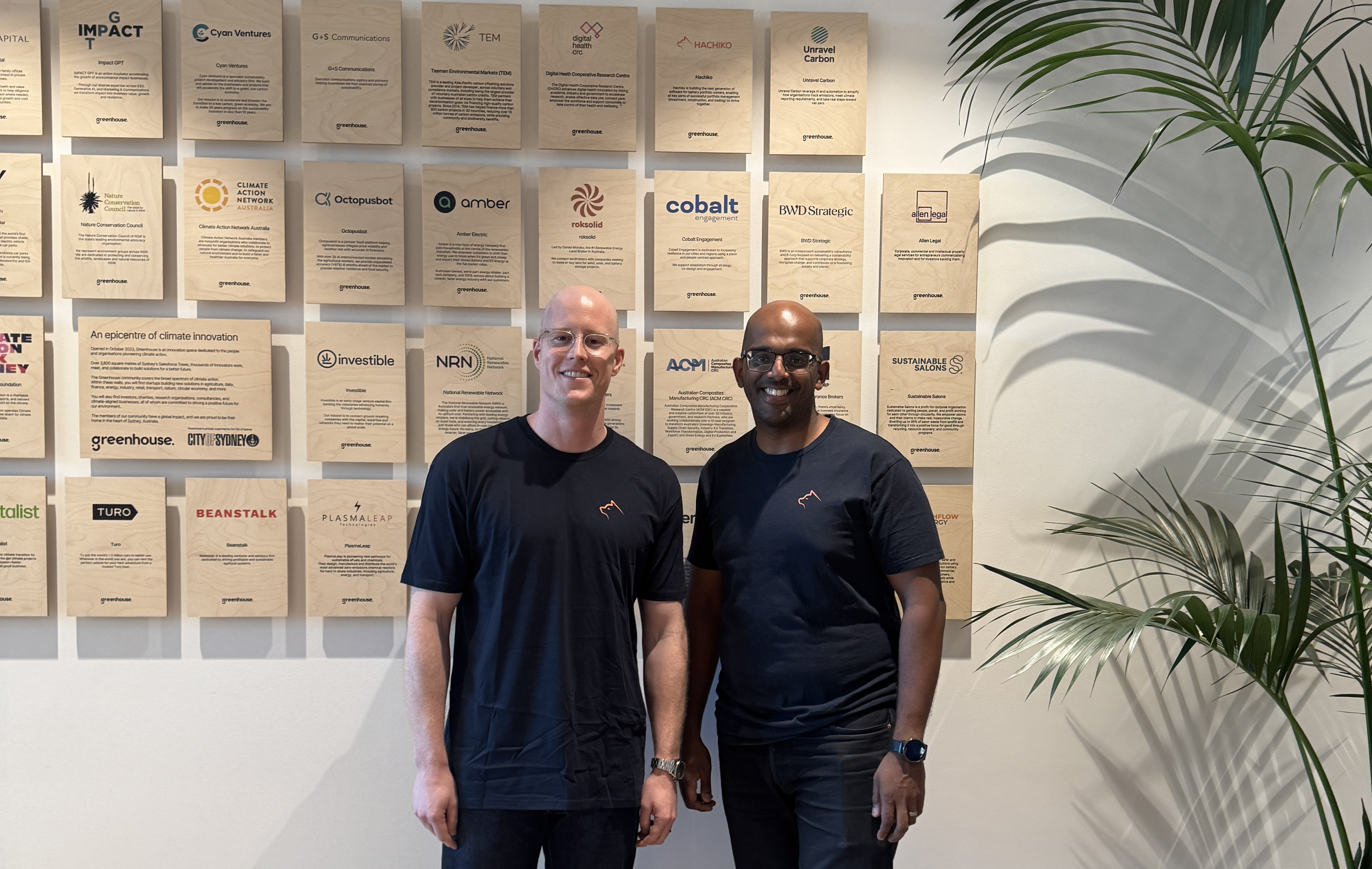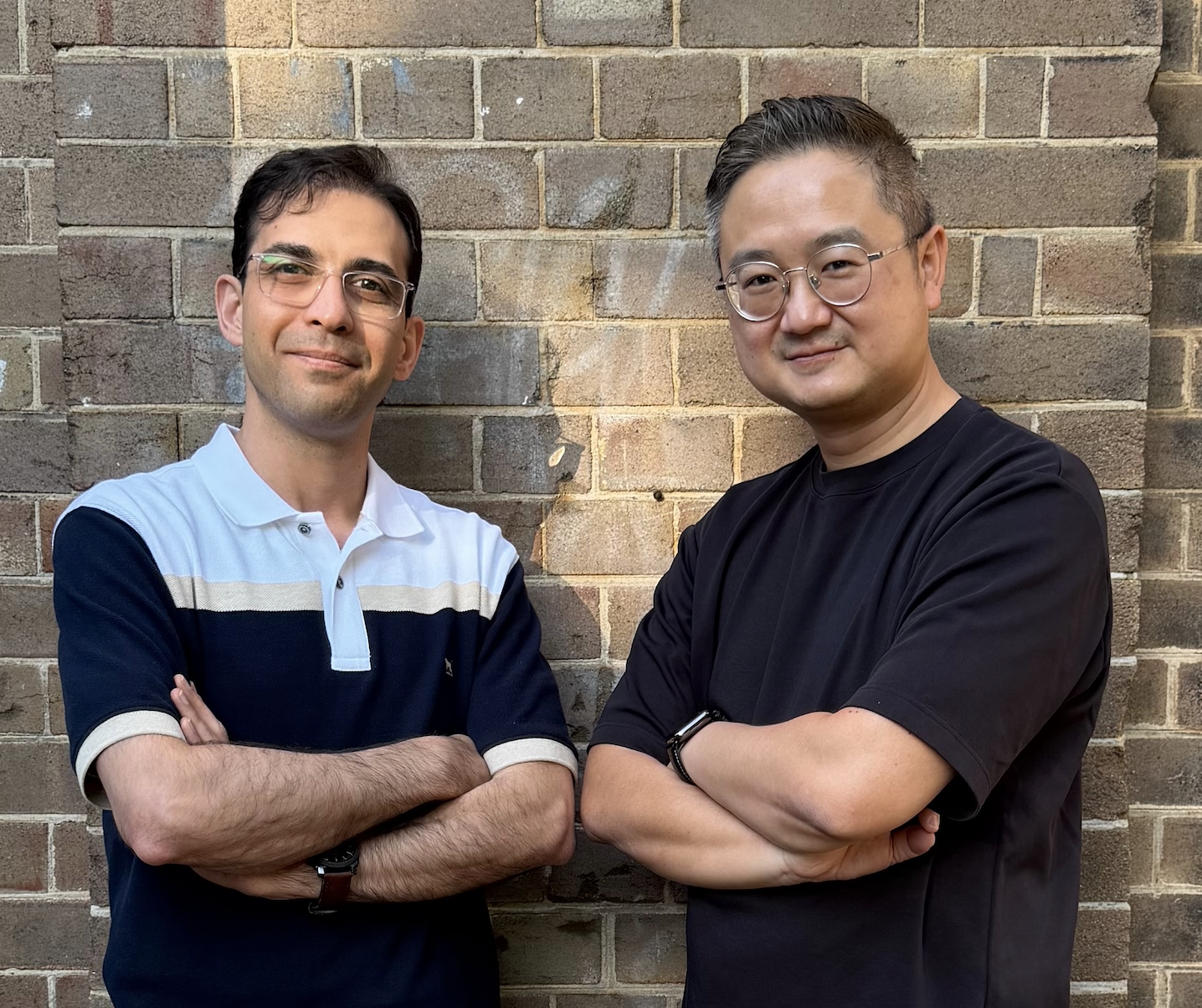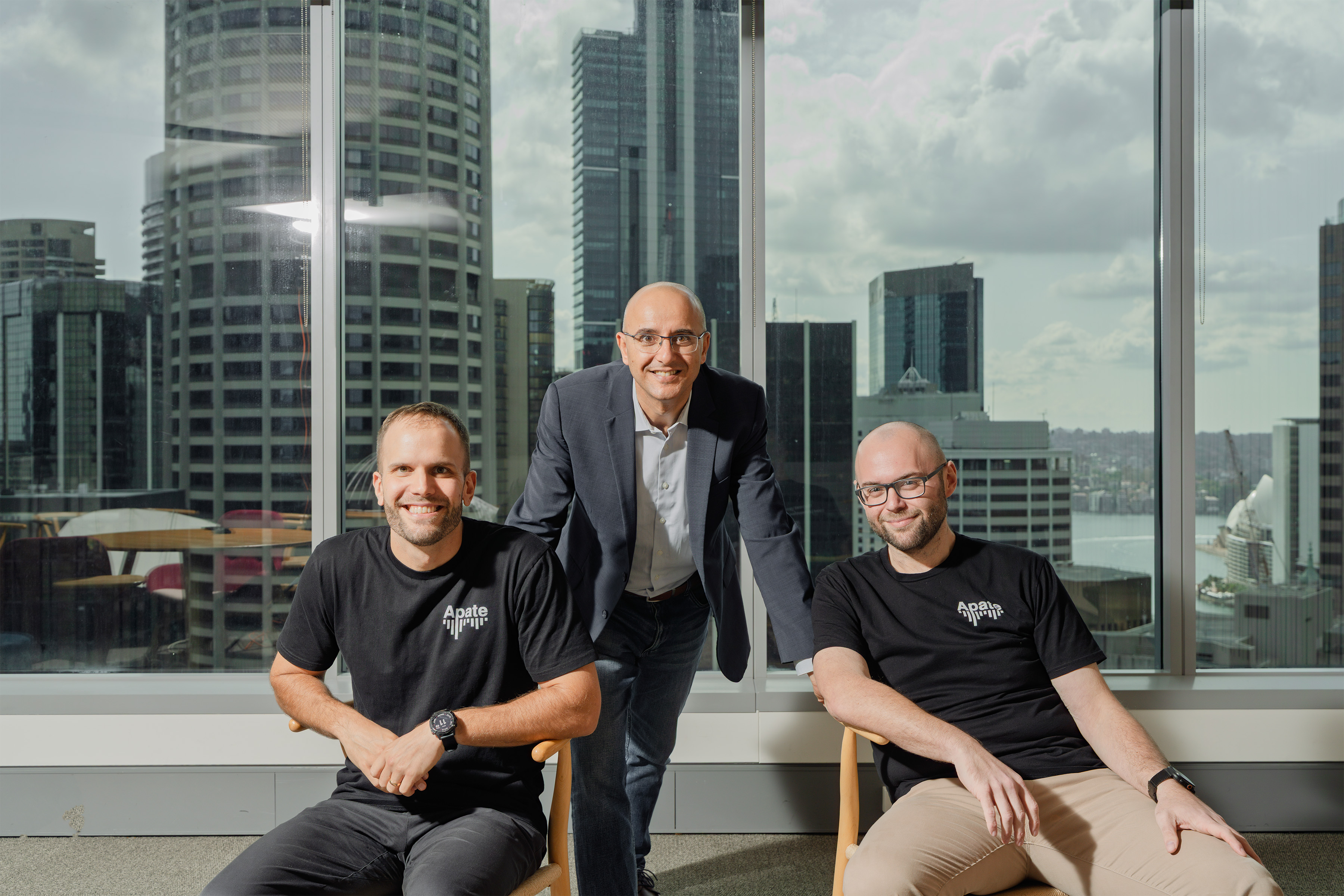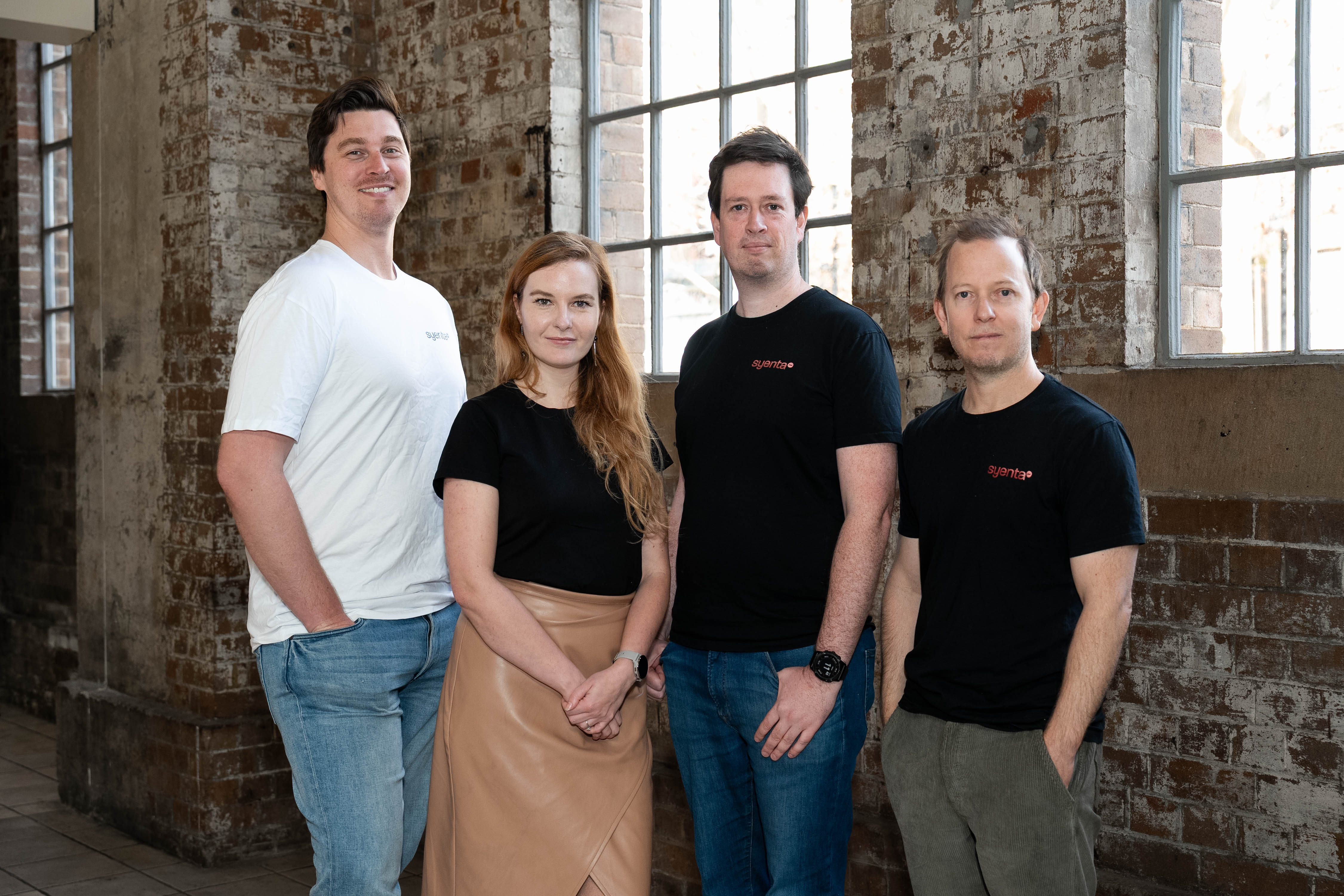
The Investible Climate Tech Fund is thrilled to share insight into our recent investment in the Pre-Series A round of the Australian agriculture software company, DataFarming. After a successful exit in precision agriculture (ag), the founders, Tim and Peta Neale, identified a gap in how software and technology companies approached farmers and saw a huge opportunity to develop products that capture the entire crop life cycle. This insight led to the creation of DataFarming and has enabled the team to build a range of solutions, acquiring 28,000 farms in 4 years with their web-based application, The Digital Agronomist.
The Digital Agronomist utilises machine learning and spatial data to provide actionable solutions to agronomy service providers and farmers. These include real-time crop health assessments, long-term productivity zones, yield, soil mapping and variable rate prescriptions, all tools that empower farmers and agronomists to make more informed decisions faster. The company’s moat continues to grow with the addition of new features, making strides towards the ambition of the Digital Agronomist becoming the one-stop-shop for the agriculture industry at all stages of the cropping and pasture lifecycle.
Why Precision Ag is crucial for farmers

The relationship between farming and climate change is something of a double-edged sword. Agriculture is one of the most significant contributors to climate change - accounting for 24% of human-generated GHG emissions; however, farmers are among the most affected by climate shifts, with global agriculture productivity expected to drop 17% by 2050.
Precision agriculture is a large part of ensuring that crops and soil receive exactly what they need for optimum health and productivity. The World Economic Forum estimates that if 15-25% of farms adopted precision agriculture, global yield could be increased by 10-15% by 2030, while GHG emissions and water use could be reduced by 10% and 20%, respectively. Employing analytics based on processed satellite imagery allows farmers to enhance farm productivity, reduce input costs, and minimise the detrimental impact on the environment. DataFarming’s product stack includes real-time satellite imagery tools that enable farmers to increase crop yield while simultaneously optimising water and fertiliser usage, tools for nutrient application rates, multiyear analysis of productivity, automated sustainability reporting, and more.
Rockstar growth
We are always looking for a differentiator, whether that is a technological moat or a unique go-to-market strategy. In this case, DataFarming baked their go-to-market into their product design. By utilising a freemium model, the DataFarming platform can quickly onboard and deliver instant value to farmers through the Digital Agronomist tool. I tried the tool below and it only took a couple of minutes to sign up and begin using DataFarming’s NDVI tool, enabling me to quickly quantify crop or pasture vegetation health at a demonstration field in NSW.

Using this strategy, DataFarming has acquired over 11,000 unique users across 28,000 farms with their software technology. That is just shy of 40% of Australian farms with a growing international footprint driven through organic growth and word-of-mouth; on top of the freemium model, the product suite is so good that farmers are telling other farmers to use it! We spoke to customers who verified ground-truth data with numerous competitors and found DataFarming’s solutions consistently outperformed the expensive alternatives.
The DataFarming team have converted an impressive portion of users to the paid premium product suite. With the goal to offer features over the entire crop life cycle, DataFarming’s Digital Agronomist is aiming to become the most widely used precision ag data platform for farmers and agronomists.
Growth upside
A supplementary revenue stream to the core product is DataFarming’s Agri Intelligence tool. The DataFarming team were startled to find that most seed, fertiliser and chemical companies don’t have accurate, real-time data to make decisions. To answer questions like “where do we place our seed stocks to ensure farmers get the supply they need?”, DataFarming use the same satellite imagery to derive deep insights into factors like crop types, crop growth stage, and fallow land across the whole of Australia. They’ve even developed models based on satellite data, to detect pests and diseases over large areas.

The DataFarming team are also working on transforming the product into a platform that other AgTech businesses can join and, in an app-store-style manner, be recommended to farmers at relevant times in the crop cycle. Our team sees strong potential here for DataFarming to become the channel for numerous technologies and products to be adopted among farmers.
Highly respected founders
Peta and Tim are both experienced entrepreneurs and are highly regarded among Australian farmers and industry. Tim is recognised as one of Australia’s leading precision agronomists and, after being in the industry for over 25 years, has established impressive levels of trust throughout Australian farming communities, earning him awards such as the Australian Rural Consultant of the Year (2018). Peta has extensive spatial data analytics experience and built Precision Agriculture Australia alongside Tim; a company that the pair successfully exited in 2015.
Despite the great track record, the investment team and I were most impressed with the perceived trust of the brand from our reference checks. This has enabled DataFarming to enter the market with established brand equity, likely being a strong contributor to their fast growth. In addition, the pair have a pragmatic approach to business that appears relatable and appreciated by their customer base.
We are thrilled to be joining the DataFarming team on their journey to digitise agriculture around the globe.








